Microsatellite marker-based genetic diversity analysis of elite lentil lines differing in grain iron and zinc concentration

Authors:
Trial comprising fifty lentil genotypes was con- ducted at three locations in India during year 2013–2014 for estimation of grain Fe and Zn concentrations and to analyze G 9 E interactions by employing the additive main effect and multiplication interaction model. The study revealed significant effects for genotype, environment and genotype by environment interaction for both grain Fe and Zn concentration. In this model genotypes with the IPCA score of nearly zero and mean greater than grand mean are considered as adaptable to the studied environments. For grain Fe concentration genotypes P13143, P13135, ILL2581, P2130, LL147, L4603, PL101 and Globe mutant and for grain Zn concentration genotypes P13122, P2239, P3204 and L11-245 were found stable. The diversity analysis using 20 genomic and 54 EST-SSR markers indicated that the studied genotypes were diverse. The EST-SSRs revealed lower polymorphism as compare to genomic SSRs. Two major clusters were identified with 37 % similarity. Indigenous genotypes were grouped in cluster I and all exotic accessions were grouped in cluster II indicating the role of geographic origin in diversity. Based on multi location evaluation for grain Fe and Zn concentrations and molecular characterization crosses are pro- posed for development of grain Fe and Zn rich varieties (P3220 9 L4649 and VL103 9 P2130) and development of mapping populations (P13122 9 L11-287 and LL931 9 P3220) for study of genetics and mapping of QTLs/gene(s).
